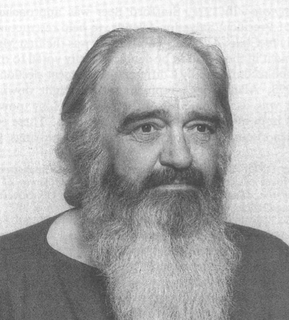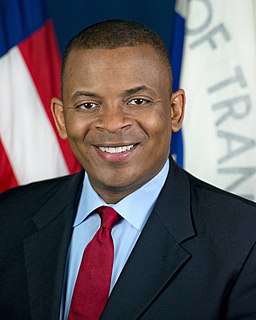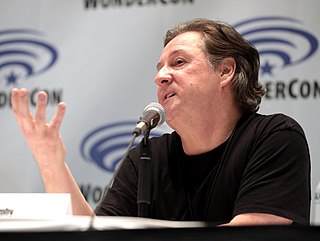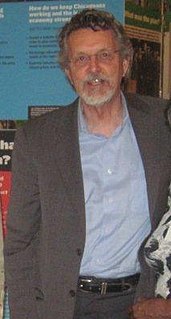A Quote by Burt Rutan
When you have a transportation system that the price of propellant is essentially negligible something is very wrong. If you look at any other transportation system, a car, a motorcycle, a train, an oil tanker, an airliner, you name it; about a quarter to a third of the operating cost is buying the propellant.
Related Quotes
You look at energy use in the U.S. and one-third of it is automotive or our transportation system, one-third of it is manufacturing and one-third of it is buildings. That means architects are responsible for one-third of energy by their designs. So not only is it dire, it's also something that we can do.
The TMS is evolving into a logistics platform that can handle all nodes, all geographies and all transportation nodes. It's already talking to other applications in the supply chain, like warehouse management, order management and ERP systems. By adding underlying algorithms, a TMS can now understand the relationship between the cost of inventory and the cost of transportation and come up with an optimal solution to answer those questions.
We think of prices as simply the notation of how much we must pay for things. But the price system accomplishes far more than that. Hundreds of millions of people buying and selling, and abstaining from buying and selling, generate a system of signals - prices to producers and consumers about relative scarcities and demand. Through this system, consumers can convey to producers their subjective priorities and entrepreneurs can invest accordingly.
We have the industrial agriculturalists who try and make an argument that big is beautiful. But if you do the math, and particularly if you factor in that the price of oil is going to go through the roof, and so the price of transportation is going to go through the roof - making it abundantly clear that it's out of whack. The efficiency arguments are already crumbling, particularly if you actually include the cost of food pollution that these industries cause. They are tremendously unsustainable and tremendously inefficient.
Under the rule of the "free market" ideology, we have gone through two decades of an energy crisis without an effective energy policy. Because of an easy and thoughtless reliance on imported oil, we have no adequate policy for the conservation of gasoline and other petroleum products. We have no adequate policy for the development or use of other, less harmful forms of energy. We have no adequate system of public transportation.
We've concocted a system where local trips take an auto. That's our biggest tragedy. Streetcars, such as those used in Portland's Pearl District, and elevated people movers, like those in downtown Miami, are moving people from rail stations to their final destinations. But a new concept, PRT, may help revolutionize urban transportation, providing a cost-effective way to get people from train stations to where they need to go.





































